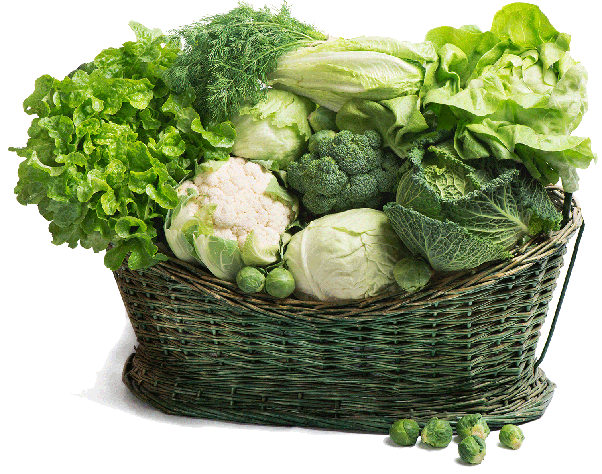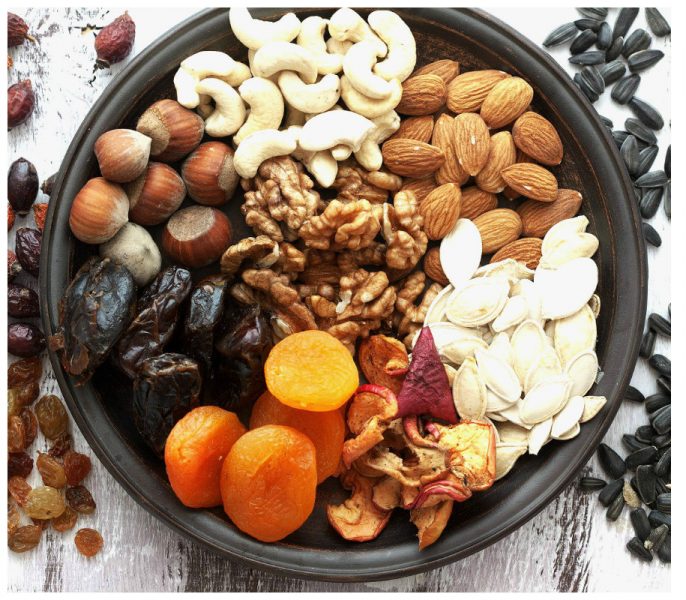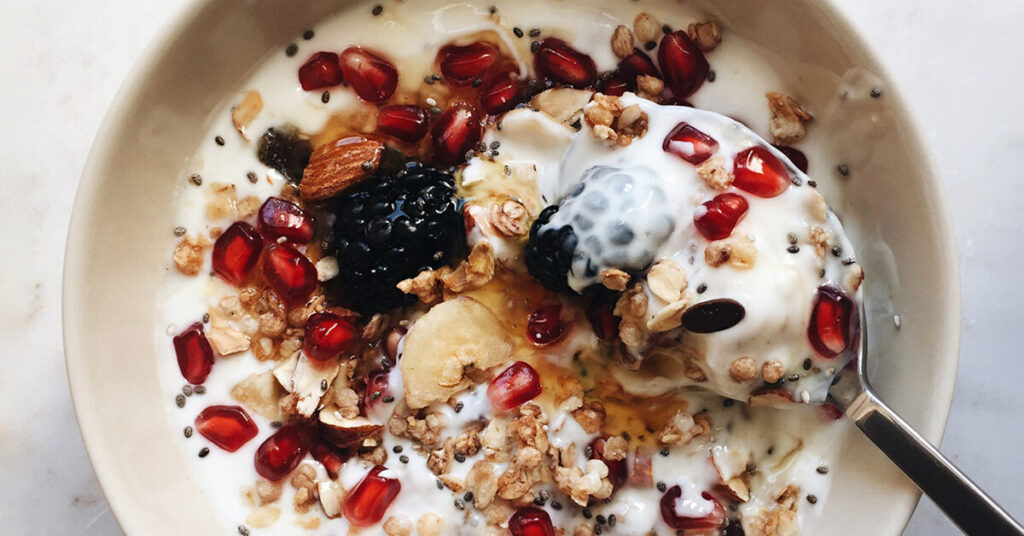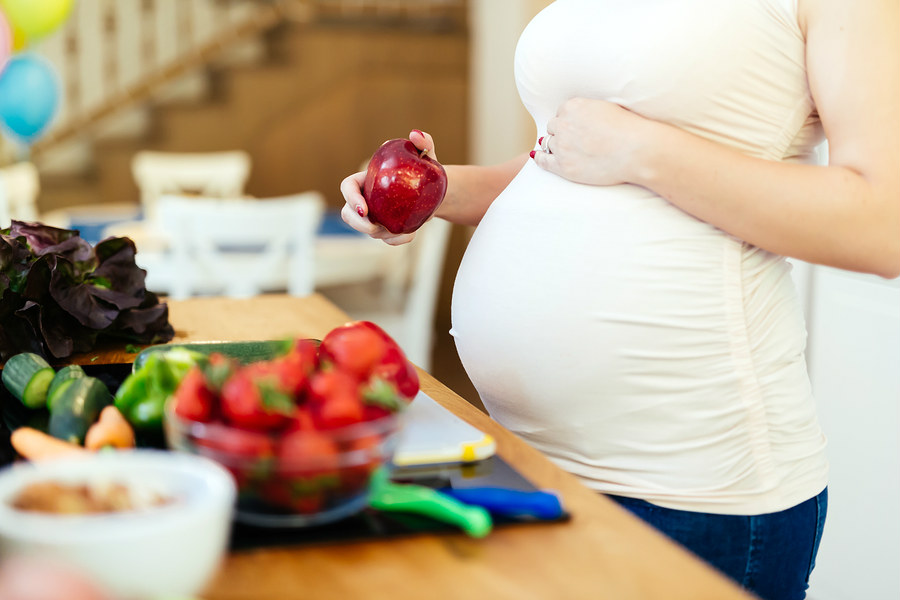Pregnancy Diet, Pregnant women need to ensure that their diet provides enough nutrients and energy for the baby to develop and grow properly. They also need to make sure that her body is healthy enough to deal with the changes that are occurring.
For a healthy pregnancy, the mother’s diet needs to be balanced and nutritious – this involves the right balance of proteins, carbohydrates, and fats, and consuming a wide variety of plants like vegetables, and fruits.
Some women’s diets may be impacted by ethical beliefs, religious requirements, or health conditions, so checking with a doctor is an important part of planning a pregnancy diet.
Dairy products:
During pregnancy, you need to consume extra protein and calcium to meet the needs of your growing little one. Dairy products like milk, cheese, and yogurt should be on the docket.
Dairy products contain two types of high-quality protein: casein and whey. Dairy is the best dietary source of calcium and provides high amounts of phosphorus, B vitamins, magnesium, and zinc.
Eggs:
Those incredible, edible eggs are the ultimate health food, as they contain a little bit of almost every nutrient you need. A large egg contains about 80 calories, high-quality protein, fat, and many vitamins and minerals.
Eggs are a great source of choline, a vital nutrient during pregnancy. It’s important in baby’s brain development and helps prevent developmental abnormalities of the brain and spine.
Broccoli and dark, leafy greens:
No surprise here: Broccoli and dark, green vegetables, such as kale and spinach, pack in so many of the nutrients you’ll need. Even if you don’t love eating them, they can often be squirreled into all kinds of dishes.
Benefits include fiber, vitamin C, vitamin K, vitamin A, calcium, iron, folate, and potassium. They’re a bonanza of green goodness.

Lean meat and proteins:
Lean beef, pork, and chicken are excellent sources of high-quality protein. Beef and pork are also rich in iron, choline, and other B vitamins — all of which you’ll need in higher amounts during pregnancy.
Iron is an essential mineral that is used by red blood cells as a part of hemoglobin. You’ll need more iron since your blood volume is increasing. This is particularly important during your third trimester.
Berries:
Berries hold a lot of goodness in their tiny packages like water, healthy carbs, vitamin C, fiber, and antioxidants.
Berries have a relatively low glycemic index value, so they should not cause major spikes in blood sugar.
Dried fruit:

Dried fruit is generally high in calories, fiber, and various vitamins and minerals. One piece of dried fruit contains the same amount of nutrients as fresh fruit, just without all the water and in a much smaller form.
One serving of dried fruit can provide a large percentage of the recommended intake of many vitamins and minerals, including folate, iron, and potassium.
Water:
Say it with me: We all have to stay hydrated. And pregnant folks especially. During pregnancy, blood volume increases by about 45 Percent.
Your body will channel hydration to your baby, but if you don’t watch your water intake, you may become dehydrated yourself.
Symptoms of mild dehydration include headaches, anxiety, tiredness, bad mood, and reduced memory.
Increasing your water intake may also help relieve constipation and reduce your risk of urinary tract infections, which are common during pregnancy.
Fast facts on eating during pregnancy Diet:

- A pregnant woman’s calorie intake grows during pregnancy. She does not eat for two; her calorie consumption just goes up a few hundred calories a day for most pregnant women.
- Typical weight gain, if the mother is carrying just one baby, varies considerably based on pre-pregnancy weight and other factors. An underweight pregnant woman is recommended to gain the most, whereas an overweight woman is recommended to gain the least.
- A woman’s body absorbs iron more efficiently and blood volume increases when she is pregnant, so she has to consume more iron to make sure that both she and her baby have an adequate oxygen supply.
QUICK TIPS FOR FOODS TO EAT WHEN PREGNANT
- Legumes are super sources of folate, fiber, and many other nutrients. Folate is a very important nutrient during pregnancy.
- Sweet potatoes are an excellent source of beta carotene, which your body transforms into vitamin A. Vitamin A is important for the growth and differentiation of cells in your growing baby.
- Salmon contains the essential omega-3 fatty acids EPA and DHA, which are important for brain and eye development in your growing baby. It’s also a natural source of vitamin D.
- Broccoli and leafy greens contain most of the nutrients that you’ll need. They’re also rich in fiber, which may help prevent or treat constipation.
- Whole grains are packed with fiber, vitamins, and plant compounds. They’re also rich in B vitamins, fiber, and magnesium.
